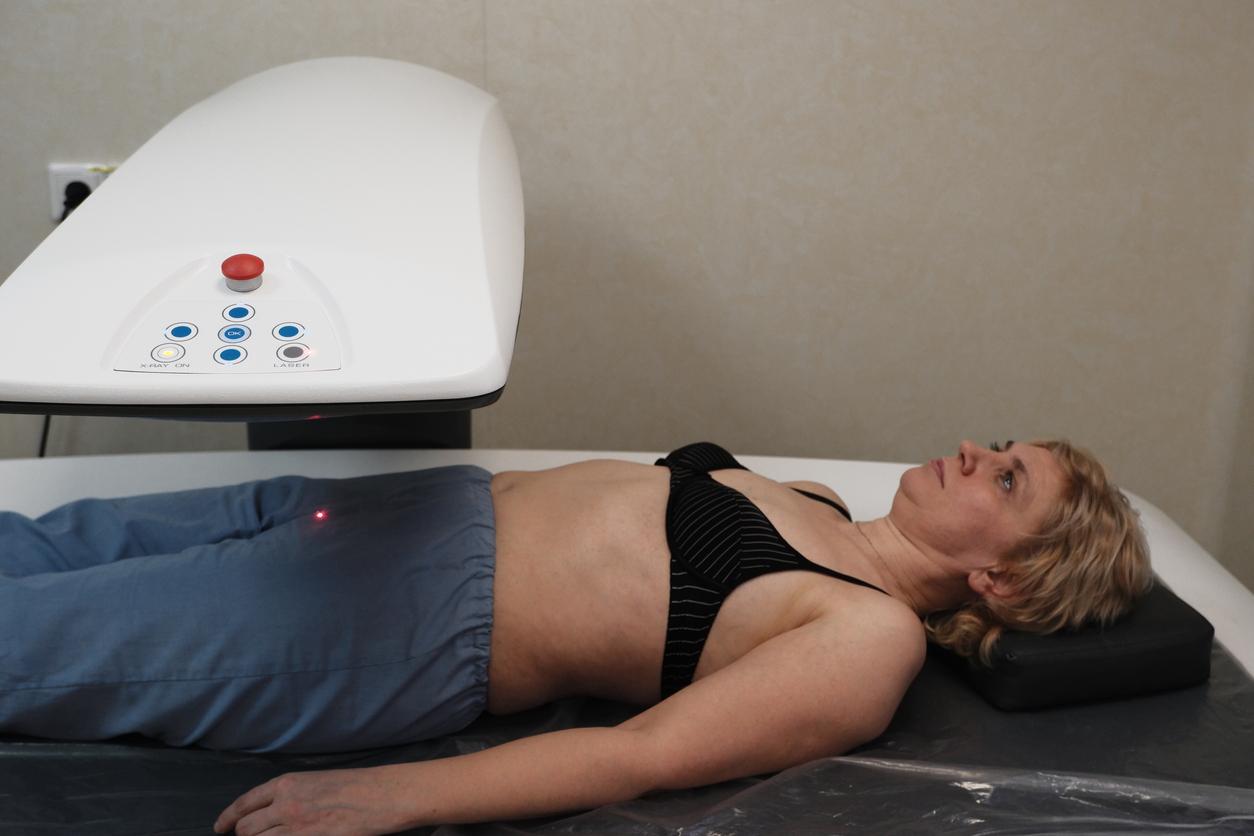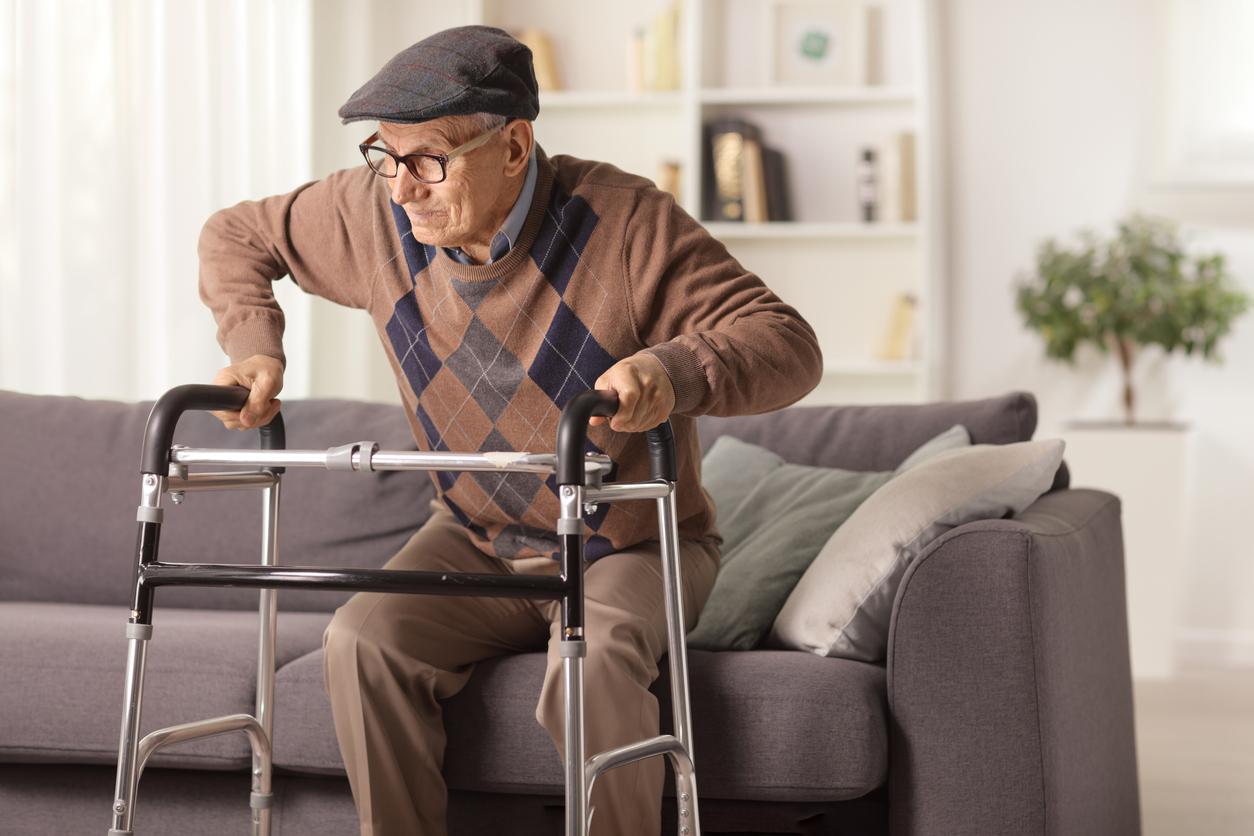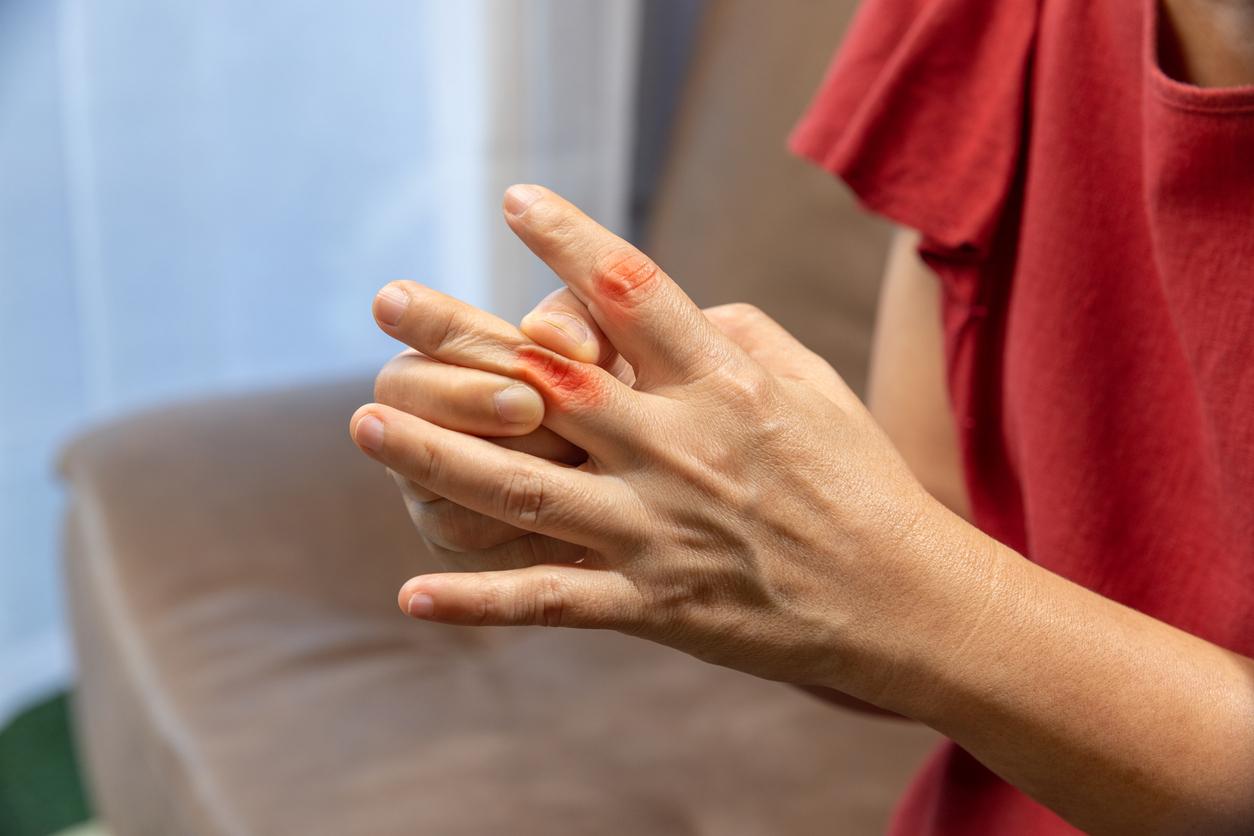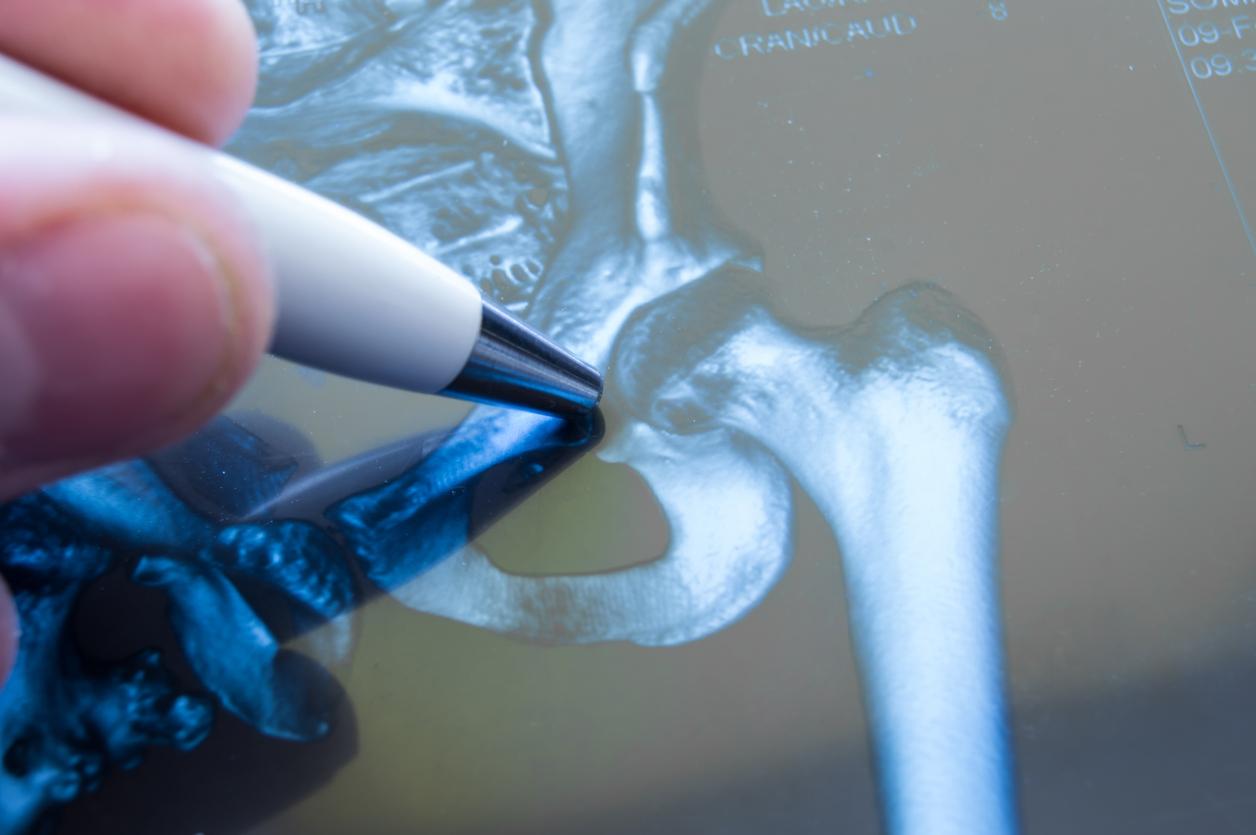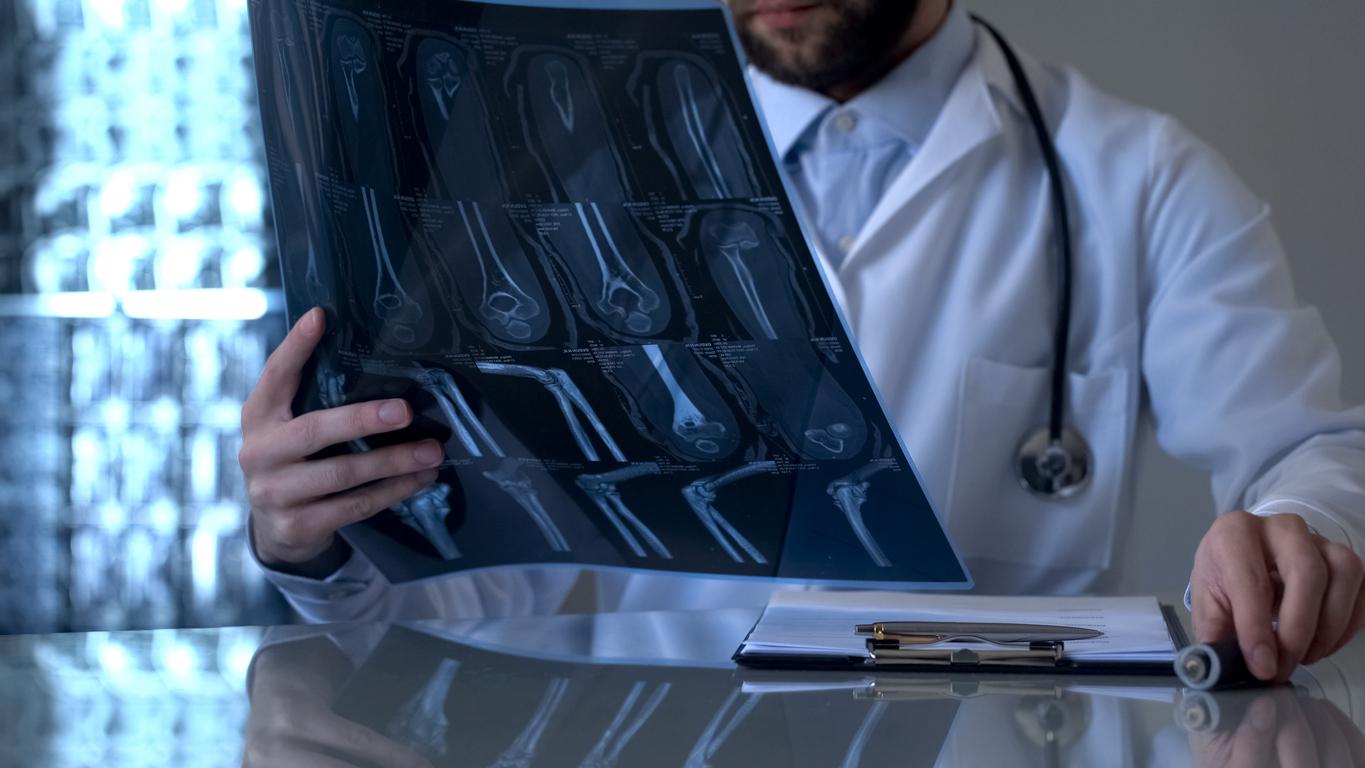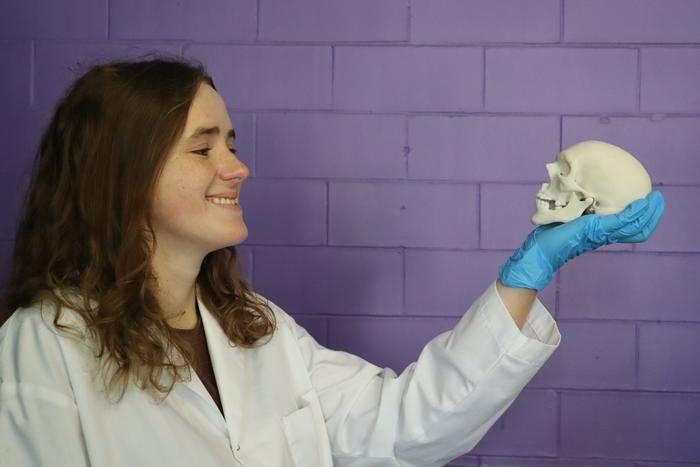A new study reveals that daily consumption of prunes could reduce the risk of bone loss in postmenopausal women.
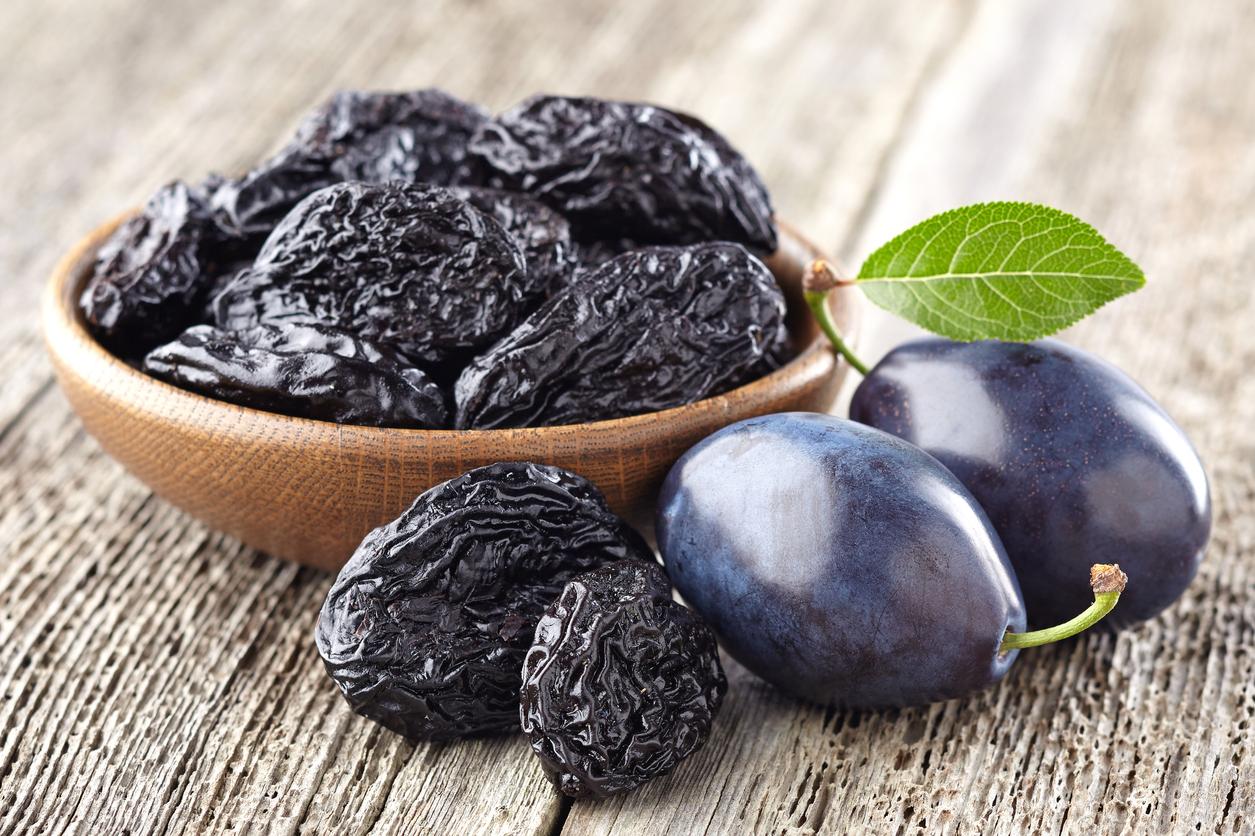
- More than 50% of women over 50 suffer from bone loss.
- A study from Pennsylvania State University shows that consuming prunes daily helps reduce the risk of bone loss in postmenopausal women.
- Researchers believe this beneficial effect is linked to bioactive compounds found in prunes, including vitamins, phenolic acids and polyphenols.
“Bone loss is a significant problem that affects more than 50% of women over the age of 50, and there is no cure”explained lead researcher Mary Jane De Souza, professor of physiology at Pennsylvania State University. “While medications and hormonal therapies are available, they often require lifelong management and carry risks. It is important to better understand how non-pharmacological approaches – such as lifestyle and choices dietary – may also impact the progression and mitigation of bone loss.”
According to his work, the secret to good bone health after menopause could be found in prunes.
Bone loss: prune consumption reduces inflammation
In his study published in The Journal of Nutrition, the researcher and her team demonstrated that postmenopausal women could benefit from daily consumption of prunes to mitigate the effects of bone loss. They reached this conclusion after following 183 participants aged between 55 and 75. They were divided into three groups: those who had to eat 50 grams of prunes per day, those who consumed 100 grams per day, and those who did not take any at all. This protocol had a duration of 12 months.
Volunteers were asked to record the days and number of prunes consumed in a diary, used to monitor compliance.
Measurements of immune, inflammatory and oxidative stress markers were performed at the beginning and end of the experiment. The results showed significant reductions in inflammatory cytokines and activated monocytes in women who included 50 to 100 grams of prunes in their diet daily. These markers are known to be involved in the process of bone loss in postmenopausal women.
“Specifically, reductions were observed in tumor necrosis factor-α after 50 grams of daily prune consumption, as well as in the secretions of interleukin-1β, interleukin-6, interleukin-8, as well as than activated monocytes, with 100 grams of prune consumption, compared to diets without prunes”explain the researchers in a communicated.

Prunes : many bioactive compounds good for bone health
For researchers, the observed beneficial effect of prunes on bone health may be attributed to the abundance of bioactive compounds found in these fruits, including vitamins, minerals, phenolic acids and polyphenols, which likely act synergistically. to suppress activated monocytes and their secretion of inflammatory cytokines.
“These findings add to a growing body of research and interest in the role of food as medicine and complement other studies I have conducted using the same data”adds Mary Jane Of Souza. “For example, the previous study I led showed links between hip bone integrity and daily prune consumption: Postmenopausal women who did not eat prunes lost 1.5% of their hip bone density compared to women who ate 5 to 6 prunes per day. Collectively, these findings have significant practical importance given the prevalence of bone loss in this population.”









